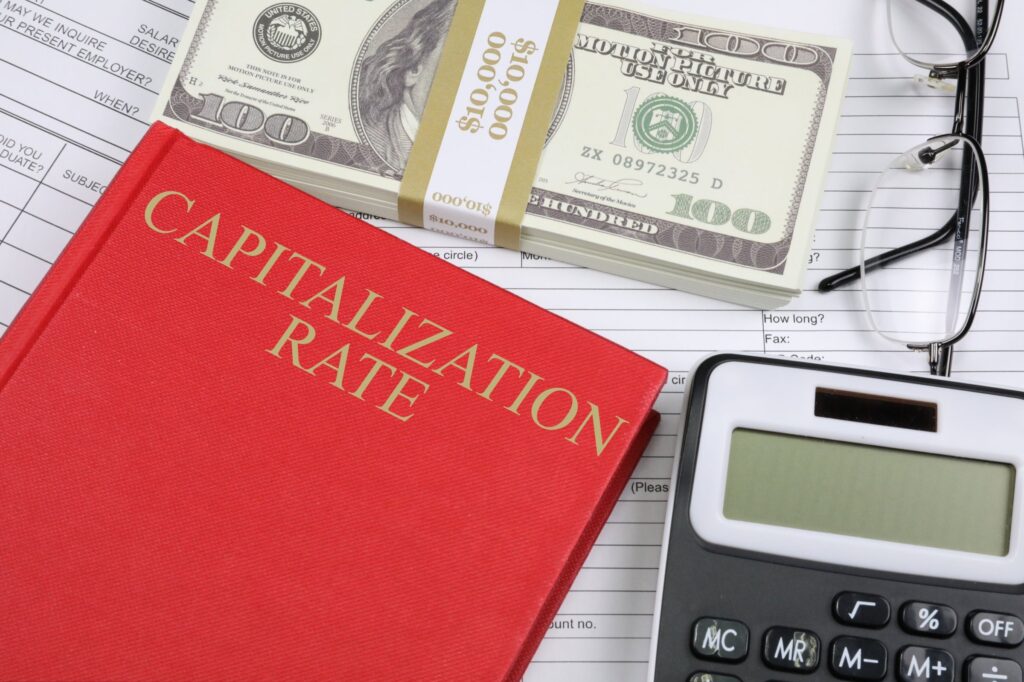For those new to overseas real estate transactions, the term “Closing Costs” may be unfamiliar. Closing costs refer to the various expenses that arise when a real estate transaction is finalized—when the buyer officially receives the property ownership from the seller. Although these costs may seem relatively small compared to the overall transaction amount, they can become a significant burden. Therefore, it’s important to prepare a budget in advance for these expenses.
In this article, we’ll take a closer look at the main types of closing costs that may occur in overseas real estate transactions and their respective roles.

1. Title Search Fee
A Title Search is the process of verifying the ownership status of the property that the buyer intends to purchase. The main purpose is to ensure there are no issues with ownership or any outstanding liens or debts on the property. Title search fees are usually charged by a title company or a related attorney, and this process is a crucial step in the closing process. If a problem is found during the title search, the transaction may need to be paused or corrected.
2. Title Insurance
Even after a title search, there can still be potential legal issues related to property ownership, which is why it’s common to obtain Title Insurance. This insurance protects the buyer from any disputes or legal issues that may arise concerning ownership after the transaction. Title insurance is typically a one-time payment, and without it, unexpected legal disputes could lead to significant costs.
3. Attorney Fees
In countries like the U.S., it’s common to hire an attorney for real estate transactions. The attorney will carefully review the transaction documents and ensure that no legal issues arise. Attorney fees vary depending on the complexity of the transaction, and in some U.S. states, hiring an attorney is mandatory.
4. Appraisal Fee
When the property is used as collateral for a loan, the lender will require an appraisal to assess the current market value of the property. The Appraisal Fee is typically paid by the buyer, and it’s an essential step in ensuring that the loan amount is adequately secured by the property. The appraisal result can directly impact the loan amount.
5. Home Inspection Fee
Before purchasing a property, buyers can arrange for a Home Inspection. This inspection helps identify any structural defects or potential issues with the property before finalizing the purchase. The Home Inspection Fee can vary depending on the size of the property, but it’s an important safeguard for the buyer to foresee any potential post-purchase problems.
6. Loan Origination Fee
The Loan Origination Fee is charged by the lender for processing the mortgage. This fee covers the lender’s administrative costs and paperwork for issuing the loan. Typically, the fee is a percentage (usually around 1%) of the loan amount.
7. Closing Agent Fee
A Closing Agent manages the final step of the real estate transaction. The closing agent prepares documents, formalizes the ownership transfer, and distributes the necessary paperwork to all parties involved. The Closing Agent Fee is part of the overall closing costs and plays a key role in ensuring the transaction proceeds smoothly.
8. Property Taxes
At closing, the buyer may be required to pay a portion or all of the Property Taxes for the property. These taxes are imposed by the local government and are typically calculated annually. The buyer may need to pay any unpaid property taxes at the time of closing.
9. Other Miscellaneous Fees
In addition to the main costs, there are various other small fees that can arise at closing. These include document preparation fees, postage fees, notarization costs, and more. The specific fees can vary depending on the transaction and location.
Preparing for Closing Costs
It’s common for closing costs to range from 2% to 5% of the total transaction amount. However, this can vary depending on the location of the property, the complexity of the transaction, and the loan conditions. Buyers should prepare a budget in advance to cover these costs. In some cases, closing costs may be shared between the buyer and seller, so it’s worth discussing and finalizing these details beforehand.
Tips to Reduce Closing Costs
Surprisingly, there are ways to reduce closing costs. For example, comparing multiple lenders and selecting the one with the lowest loan origination fee can save money. Negotiating title insurance costs or reducing the fees of real estate agents and closing agents are also viable options to consider.
Conclusion
Closing costs are an essential part of real estate transactions, and understanding and preparing for them is crucial. Identifying the potential costs and budgeting for them in advance can help ensure the success of the transaction. Thank you for reading, and I hope this helps with your next real estate investment!
Also Read:
https://www.investopedia.com/terms/e/eps.asp
https://www.stockguidebook.com/cap-rate-demystified-how-to-calculate-and/




